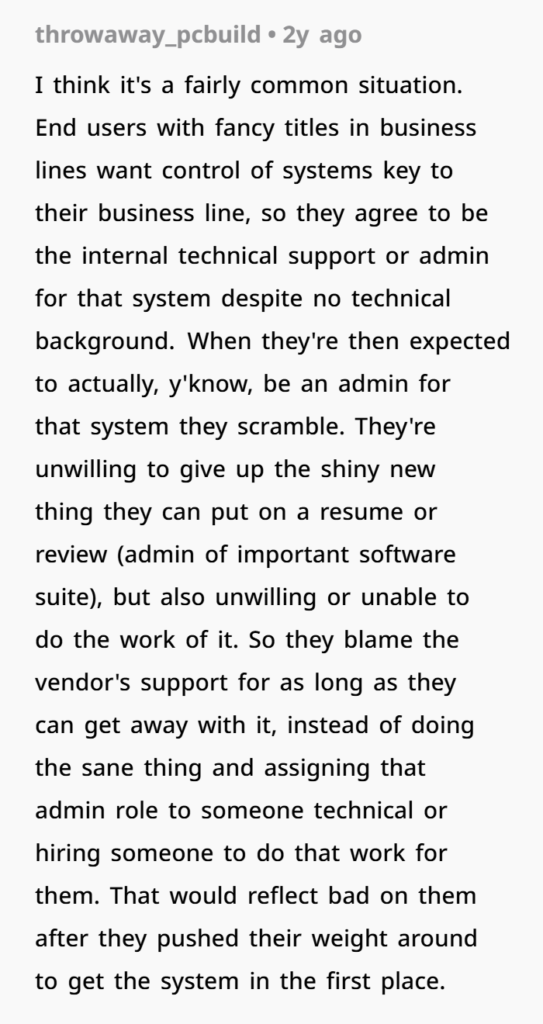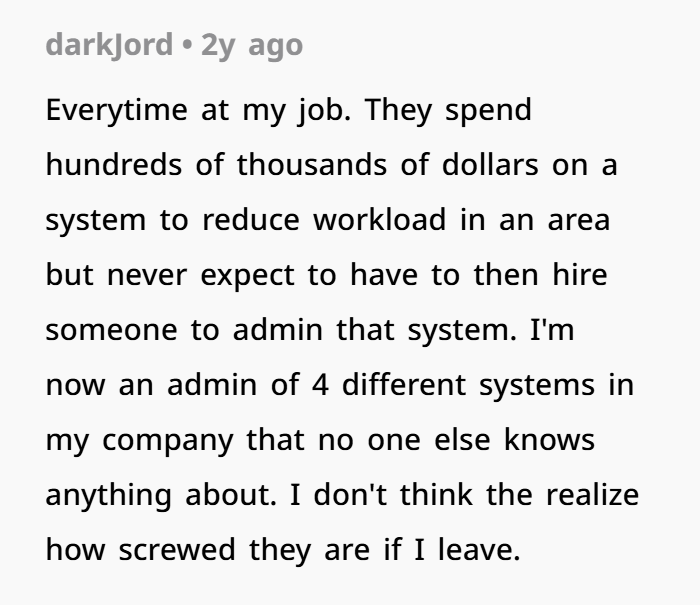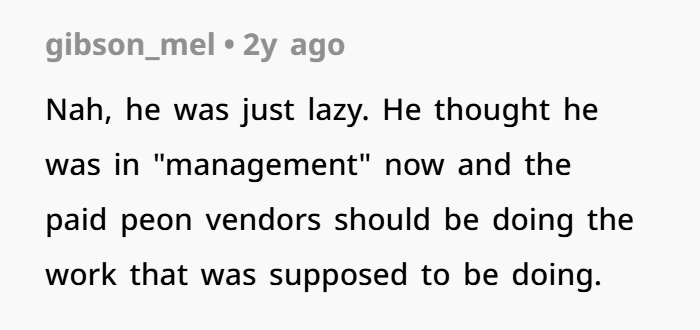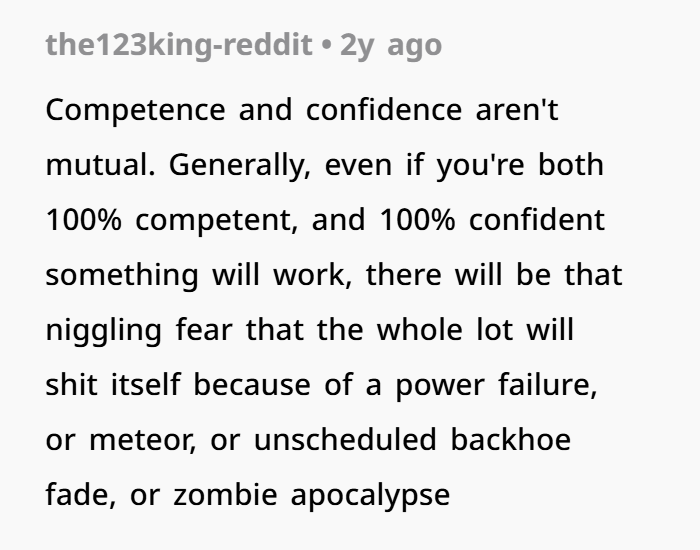Support Worker Shuts Down Entitled Tech Bro with a Single Escalation Email
In the highly regulated world of enterprise software support, timing, configuration, and clear communication are paramount. One seasoned third-level support engineer, pivotal in managing a complex feature rollout mandated by new legislation, found themselves at the center of an escalating situation with a major client’s internal team. Despite providing detailed instructions, screenshots, and references to official manuals, a single department within the client’s organization refused to complete critical software configurations—and chose instead to lodge repeated high-priority complaints.
When one particularly defiant employee returned from vacation and threatened to escalate the matter, demanding that the tickets be reassigned, the support engineer strategically complied. By formally escalating the issue to senior leadership, providing meticulous documentation, and involving legal assurances, the engineer shifted accountability. Within hours, the mismanagement was corrected, the configurations were implemented, and the troublesome individual was quietly removed from the client’s internal support workflow. This story serves as a sharp reminder: attempting to assert nonexistent authority in highly structured corporate environments can swiftly backfire.
Handling rude clients can be a real test of patience and professionalism

A tech support engineer shared their experience of managing a difficult client who attempted to escalate a tech support complaint, leading to unexpected results
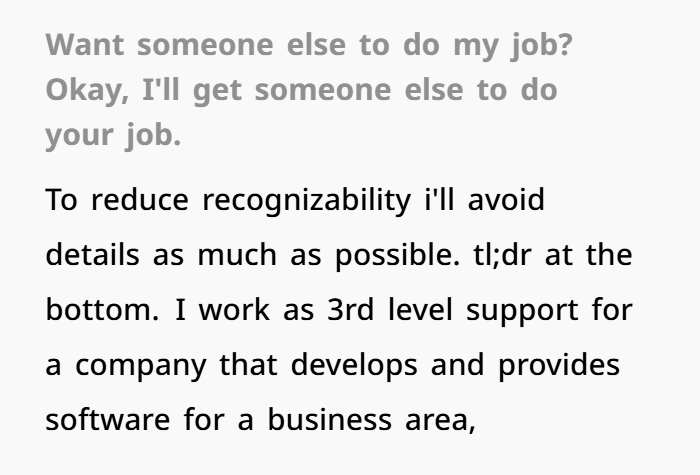

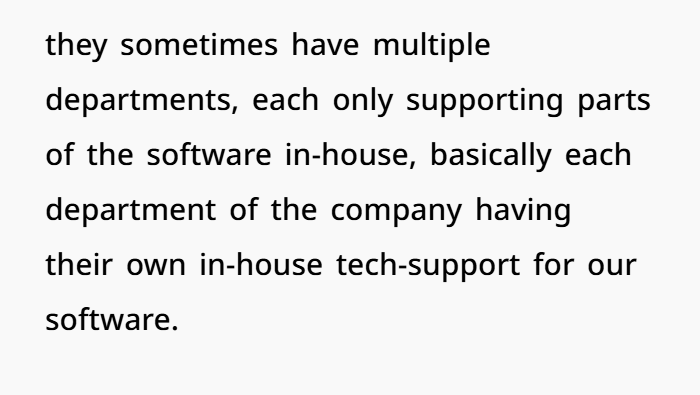

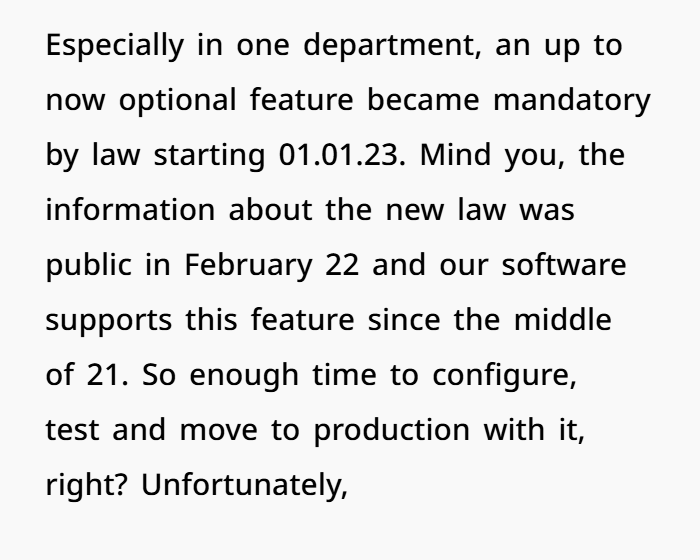
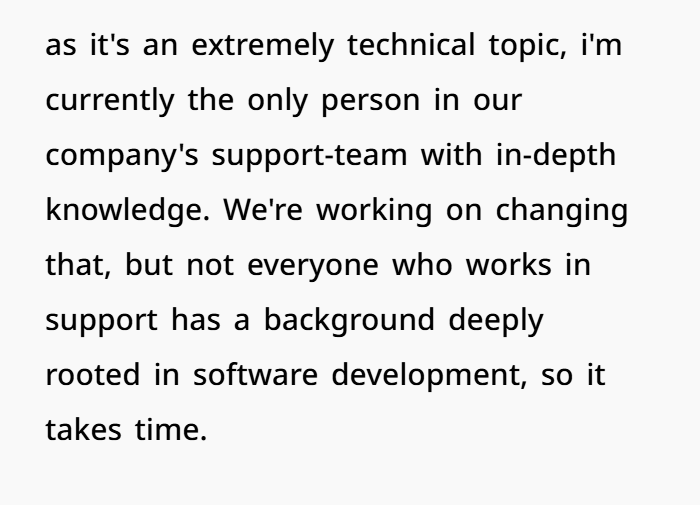
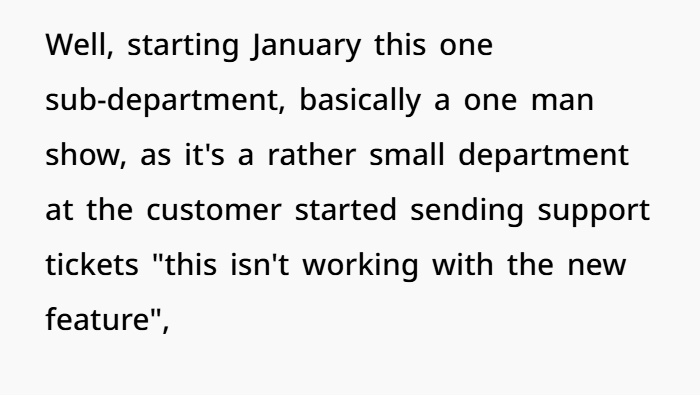
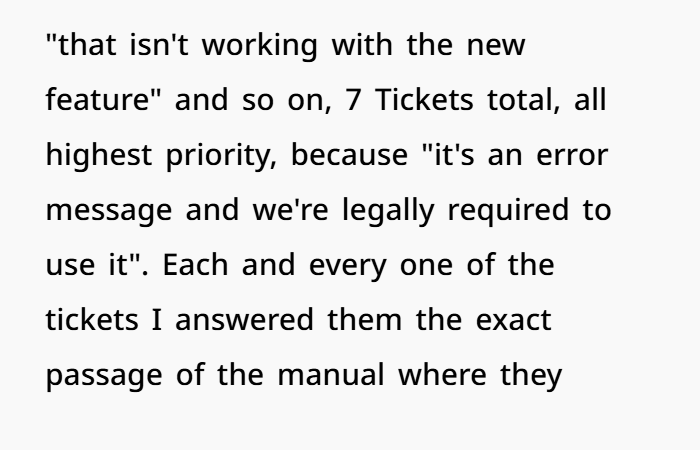
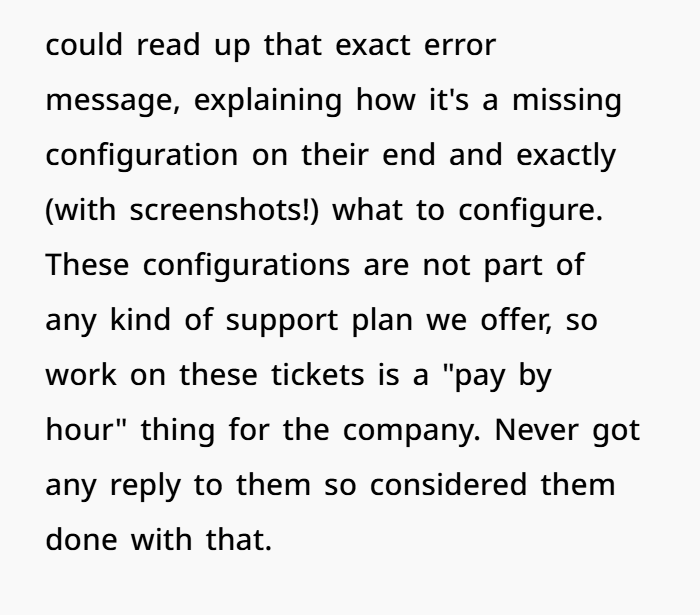
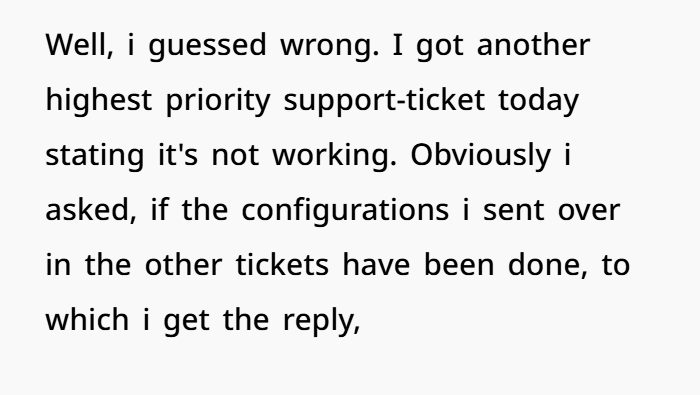
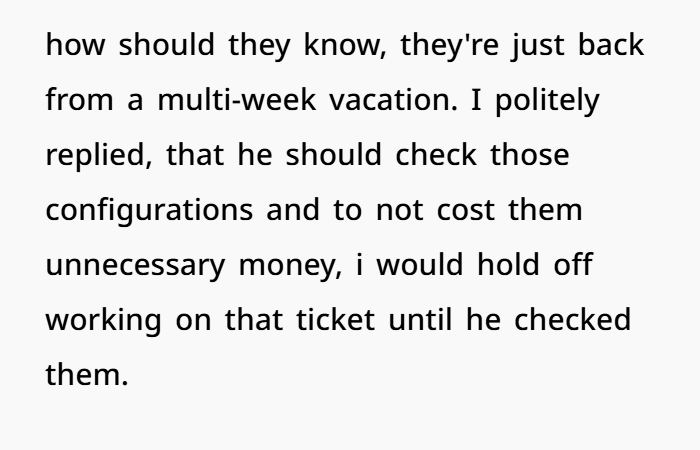
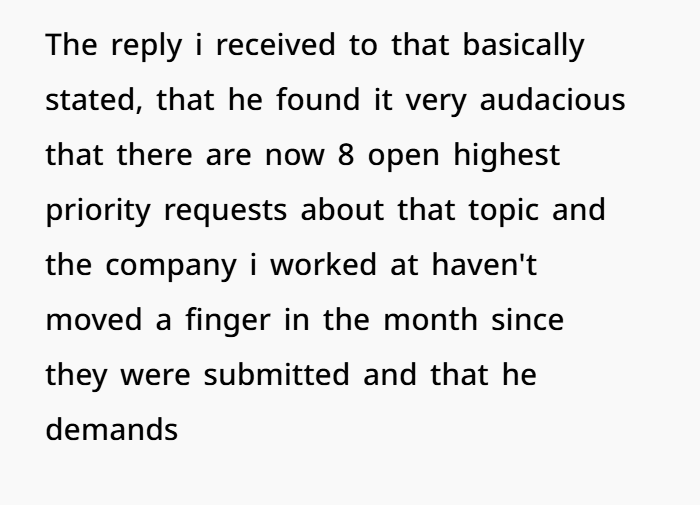
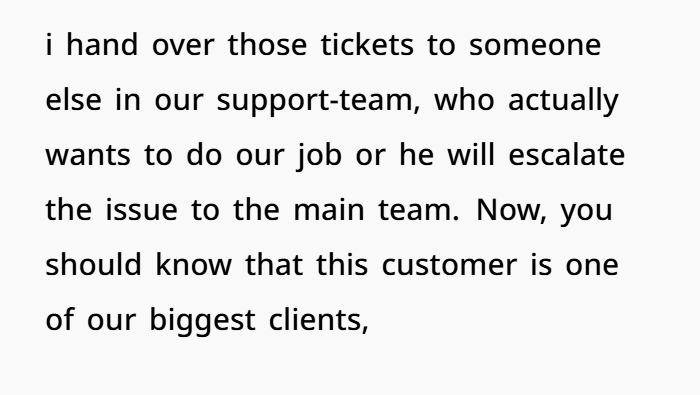


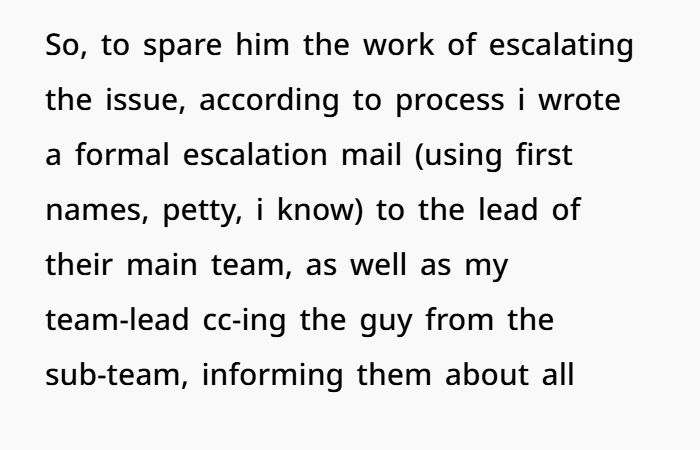



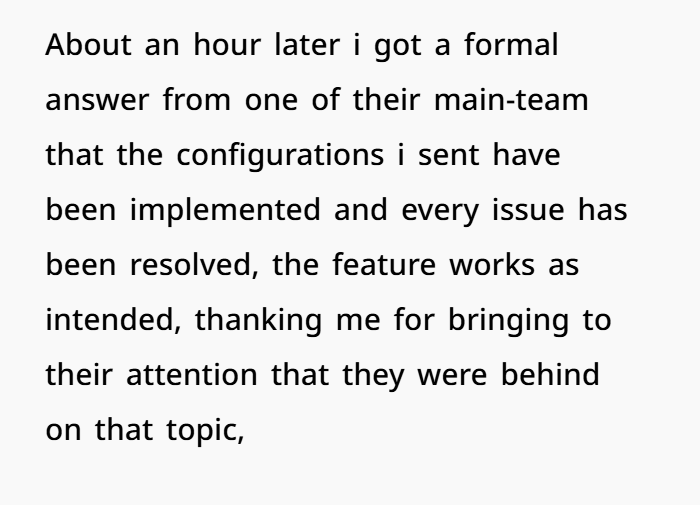
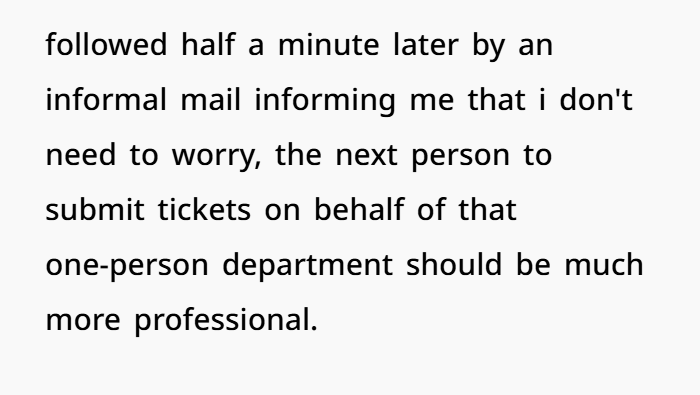


In high-stakes industries such as enterprise software support and regulatory compliance, effective communication and process adherence are vital for maintaining smooth operations. When internal miscommunications are mishandled, the consequences often spiral into larger operational risks. According to Gartner research, misaligned escalation procedures are one of the top contributors to delayed incident resolution in technical organizations.

The behavior exhibited by the defiant client employee fits the classic mold of what organizational behaviorists term “authority misrepresentation,” where individuals falsely invoke higher authority to push their own agenda. Studies published in the Journal of Organizational Behavior indicate that such tactics frequently result in role conflict and decreased overall team effectiveness. Had the engineer responded emotionally or informally, the issue might have escalated into client dissatisfaction or even contract renegotiations—a costly scenario for vendors supporting large-scale enterprise clients.
By utilizing a formal escalation pathway, the support engineer demonstrated mastery of incident management best practices, an approach recommended by ITIL (Information Technology Infrastructure Library). Proper escalation involves detailed documentation, communication through designated channels, and involvement of appropriate stakeholders, all of which protect service providers from reputational and financial risk.
Moreover, involving the legal team and reminding the client of pre-existing disclaimers around software usage liabilities is a textbook example of risk mitigation in SaaS environments. The International Association of Privacy Professionals (IAPP) emphasizes the importance of written legal frameworks, especially when software applications are tied to dynamic regulatory requirements.
The quick response from the client’s senior team—thanking the support engineer and affirming the implementation of necessary changes—reflects the critical importance of maintaining strong client relationships at the executive level. Forrester research indicates that robust executive communication is key in B2B client retention, particularly in sectors involving complex software ecosystems.

This incident highlights the broader business reality: technical support roles are not merely about solving technical issues but also navigating organizational politics, protecting brand integrity, and ensuring business continuity. Missteps by individual client employees—particularly when unchecked—can jeopardize long-term partnerships and create unnecessary churn in high-value enterprise accounts.
Many people applauded the author for standing their ground in the situation

